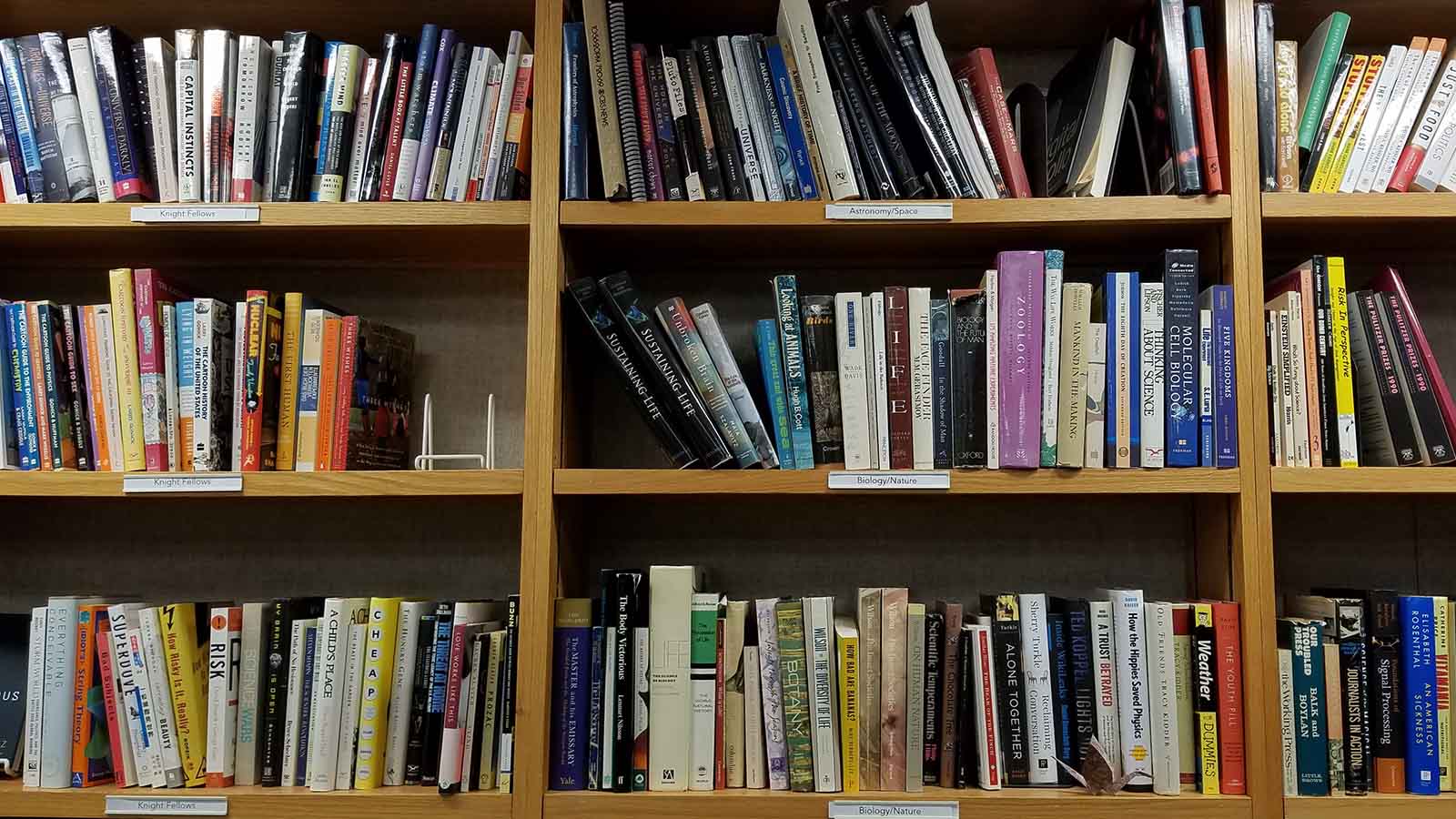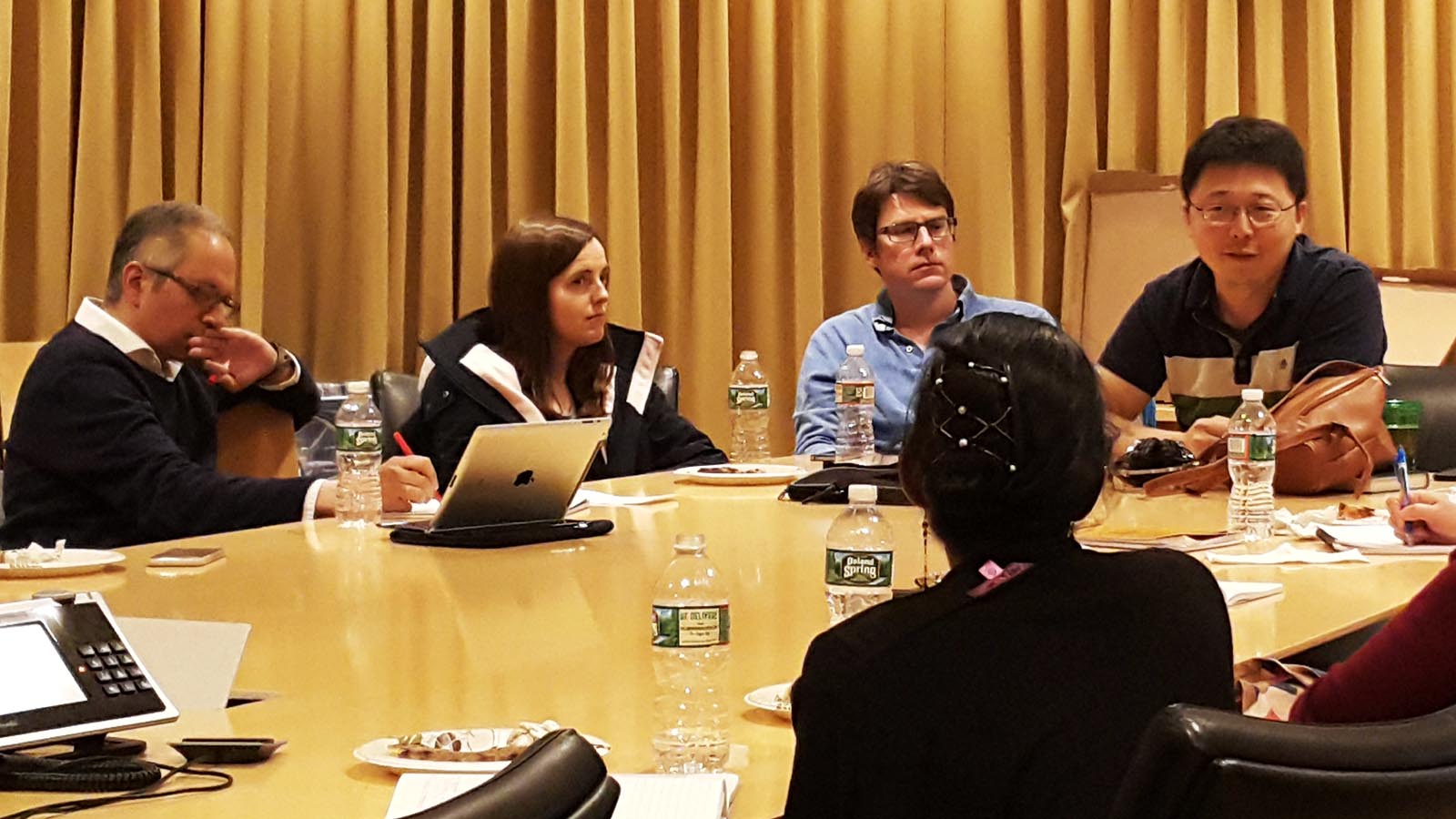She didn’t start out as a journalist. She has a doctorate in cancer genetics. So how did she come to write about grasslands in Tibet? It had to do with a newspaper and a former inmate.
A Lively Discussion, Even for KSJ: Edmond Awad on His ‘Moral Machine’
The MIT Media Lab scholar describes a video game in which driverless cars develop a conscience. Knight Science fellows aren’t so sure about the rules.
This Year’s Fellows: Rowan Jacobsen
Jacobsen has spent most of his career writing about food, particularly the sustainable food movement. From chocolate to apples to oysters, he has delved into the history and chemistry of what we eat.
Encounters With the Unimaginably Powerful
Monitoring the Chandra satellite, which watches for the birth and death of stars, galaxies, and clusters of galaxies. Launched in 1999, it has lasted far beyond its planned lifetime of five years.
Got a Book in You? How to Find an Agent — and an Audience
Mackenzie Brady Watson likes to represent nonfiction science authors: Before entering the literary world, she was a microbiology researcher. When she feels excited about ideas, and feels the same excitement from authors, she’ll offer to represent them.
Venturing Inside the Genome: Feng Zhang on the Promise of CRISPR
Behind the catchy name and the near-deafening buzz surrounding the technology, CRISPR has the potential to help scientists understand sections of the human genome whose roles are still unknown.


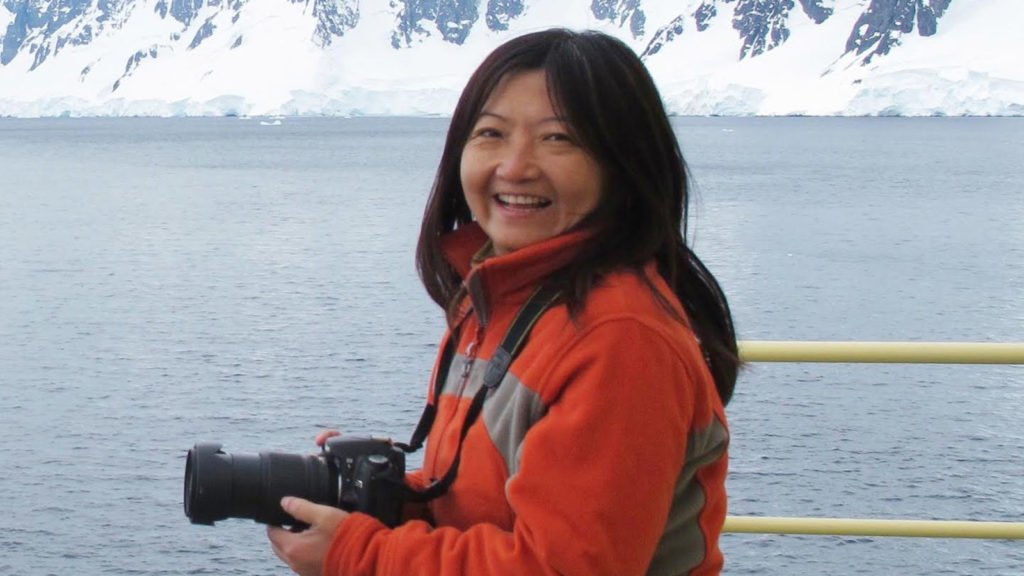 "
"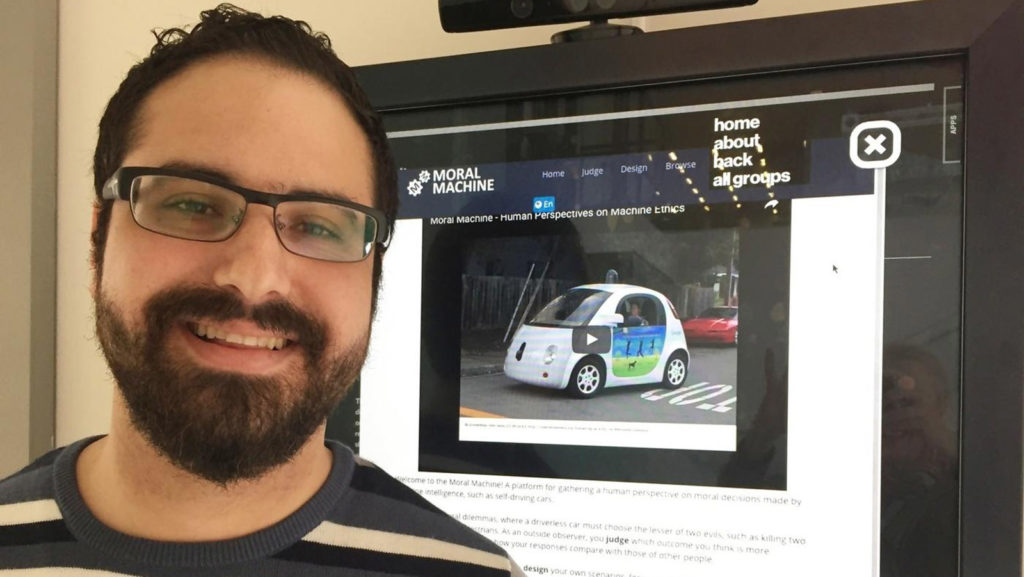 "
"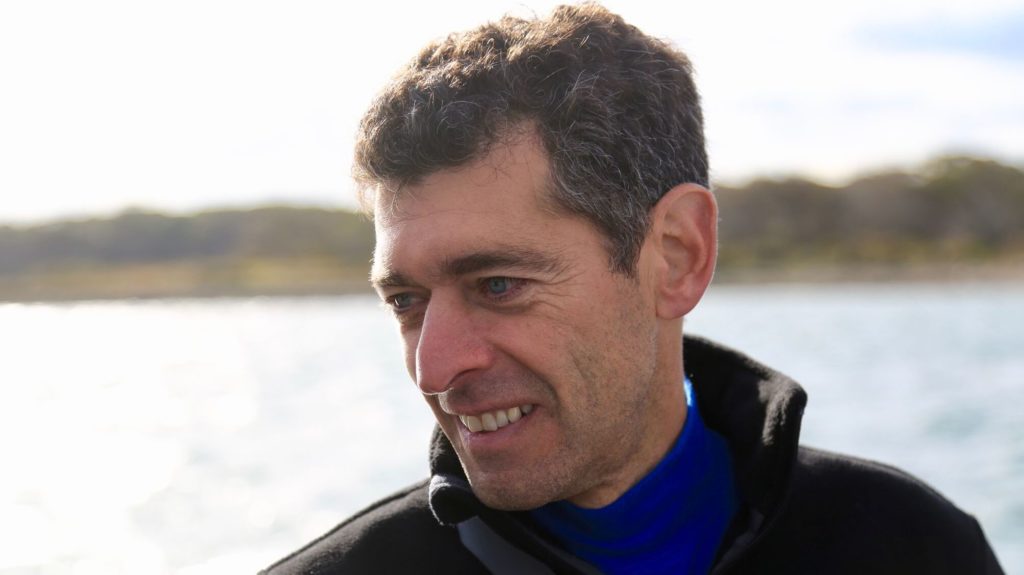 "
"